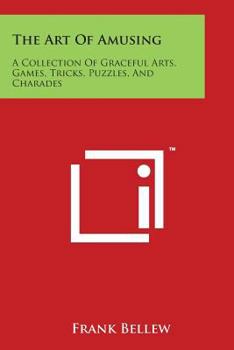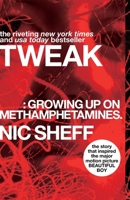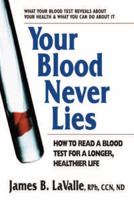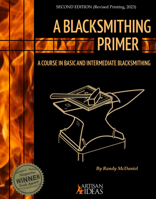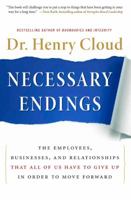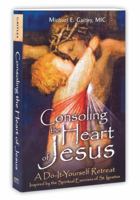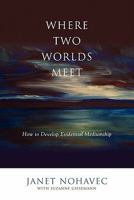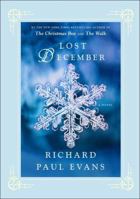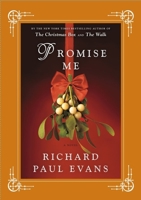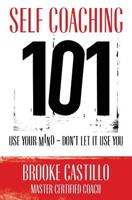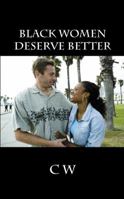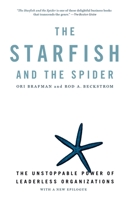The Art Of Amusing: A Collection Of Graceful Arts, Games, Tricks, Puzzles, And Charades
Select Format
Select Condition 
You Might Also Enjoy
Book Overview
This scarce antiquarian book is a facsimile reprint of the original. Due to its age, it may contain imperfections such as marks, notations, marginalia and flawed pages. Because we believe this work is culturally important, we have made it available as part of our commitment for protecting, preserving, and promoting the world's literature in affordable, high quality, modern editions that are true to the original work. This description may be from another edition of this product.
Format:Paperback
Language:English
ISBN:1498019846
ISBN13:9781498019842
Release Date:March 2014
Publisher:Literary Licensing, LLC
Length:300 Pages
Weight:0.89 lbs.
Dimensions:0.6" x 6.0" x 9.0"
Customer Reviews
2 customer ratings | 2 reviews
There are currently no reviews. Be the first to review this work.











